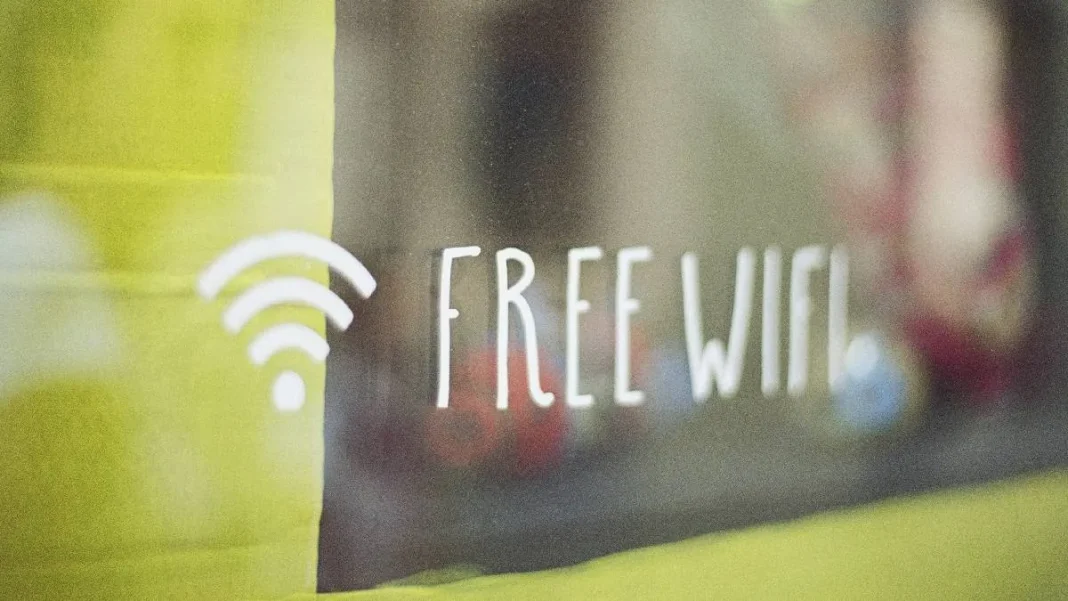The Indian government’s cybersecurity agency has issued a critical alert about the dangers of free public Wi-Fi, warning users about heightened risks of digital scams and fraud, particularly during festive seasons.
Key Takeaways
- Government and UGC warn against using public Wi-Fi for personal or financial accounts
- Hackers exploit low-security networks to steal data and install malware
- Essential precautions include using VPNs and avoiding sensitive apps on public networks
The University Grants Commission has specifically advised students to avoid accessing personal or work accounts through public Wi-Fi networks, highlighting the serious threat of financial fraud and data theft.
What Makes Public Wi-Fi Risky?
While free Wi-Fi at locations like airports, cafes, and shopping malls provides convenient internet access without using mobile data, these networks pose significant security threats. The open nature of these connections allows hackers to easily intercept data or install malicious software on connected devices.
Security experts note that because these services are free, they often lack regular security updates, creating vulnerabilities that cybercriminals actively exploit to access users’ personal information.
Essential Safety Measures to Follow
To protect yourself from Wi-Fi fraud, cybersecurity authorities recommend these crucial precautions:
- Avoid unnecessary connections: Don’t connect to public Wi-Fi unless absolutely essential
- Restrict app usage: Never access digital payment apps, banking services, or social media accounts while connected
- Use VPN protection: Always enable a Virtual Private Network (VPN) to encrypt your data transmission
- Sensitive activities only on secure networks: Conduct email, banking, and other private activities only on trusted, password-protected networks
These measures are particularly important during high-traffic periods like festivals when public Wi-Fi usage spikes in crowded areas.




